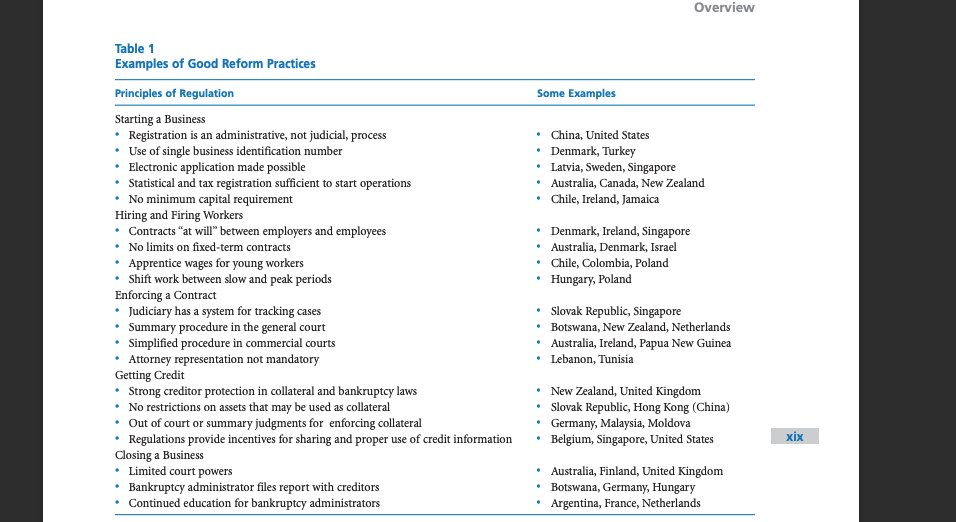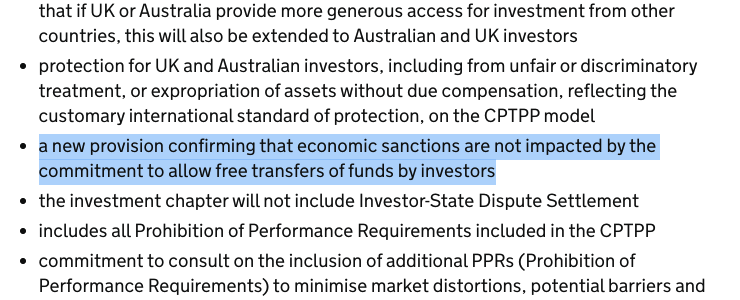
Assistant Professor in International Economic Law @LSELaw. Member @TaPP_network. Editorial board @trade_review; @monapaulsen BlueSky; she/her. 🇨🇦
How to get URL link on X (Twitter) App



 Notwithstanding broader debates about the scope of war in public international law (with an h/t to Clapham's War), the panel observes "other emergency in IR" is closely connected to a notion of war referring to "armed conflict."
Notwithstanding broader debates about the scope of war in public international law (with an h/t to Clapham's War), the panel observes "other emergency in IR" is closely connected to a notion of war referring to "armed conflict."



 An interesting add on secondary sanctions that can impact firms abroad.
An interesting add on secondary sanctions that can impact firms abroad. 

 The Walloons launched an assault against CETA. And as @vonderburchard reported in 2016, this was largely due to ISDS. isds.bilaterals.org/?walloon-parli…
The Walloons launched an assault against CETA. And as @vonderburchard reported in 2016, this was largely due to ISDS. isds.bilaterals.org/?walloon-parli… 

 I taught China's developmental strategy last week. My students began by reading Mark Wu's China Inc. Wu's work is so clear in showing that this is not just about Chinese state capitalism, bur a complex network involving private firms & Party-state control. harvardilj.org/wp-content/upl…
I taught China's developmental strategy last week. My students began by reading Mark Wu's China Inc. Wu's work is so clear in showing that this is not just about Chinese state capitalism, bur a complex network involving private firms & Party-state control. harvardilj.org/wp-content/upl…


https://twitter.com/WorldTradeLaw/status/1158392626493526017We are in the industry of ideas (@dandrezner). We devote years to law and policy, and now - more than ever - many of us see opportunity, and responsibility, to help others understand the world. Whether that's to see the big picture, new narrative, new voice, or nuance in rules.
